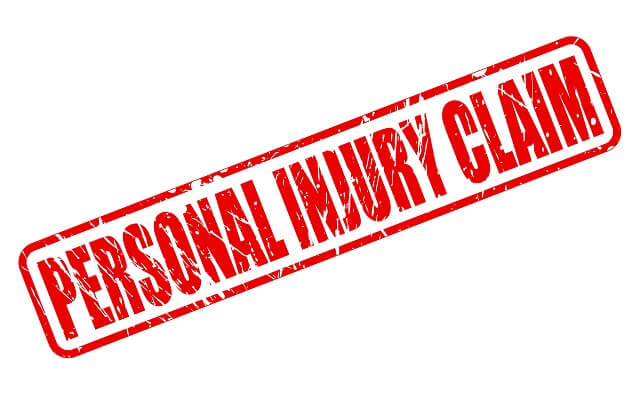Experienced Washington Attorney Discusses Litigation and Your Personal Injury Case
A personal injury case will go through various stages, and no two cases are the same. While there is a standardized procedure for personal injury claims, the point at which your case is completed and reaches a settlement could be much different from another case.
A vast majority of personal injury cases settle before their trial date. This is often because both sides will assess the pros and cons, the strength of evidence, and the costs associated with going to court. The time and costs consumed by a court hearing are reason enough to settle. However, do not assume that it is always best to settle out of court. There are instances where it might be better to take your claim to trial.
Deciding if Going to Court is Right or Not
Your injury attorney is your best resource for determining if it is time to go to court or not. When you are presented with a settlement amount pre-trial, you must assess your options and decide if you wish to continue to trial and take your chances or accept the settlement.
Some things that you and your personal injury lawyer will probably consider include:
- The amount of the compensation offered. When your attorney first starts your case, he or she will calculate how much compensation is necessary for you to recover your costs. Your attorney will also establish a minimum threshold for payment – this is the minimum amount that you need to cover your costs and other financial losses. If the settlement offered meets or exceeds that amount, your attorney might advise you to take the offer. If the number is too low, your attorney will negotiate with the insurance company.
- The insurance company’s willingness to settle. If it is evident that the insurance company wants a pre-trial settlement, and they are willing to negotiate, this is a good sign. If your personal injury lawyer feels that the insurers are offering a worthwhile settlement, you may want to settle before going to court.
- The unpredictable nature of the jury. If your personal injury case does not have substantial evidence, there is no telling how a jury will rule, let alone the compensation amount that will be awarded. Jurors are very unpredictable, so you and your attorney must decide if you are willing to take your chances with a jury, or accept the settlement presented to you.
- The costs of litigation. Going to trial is very costly. Your fees and court costs will rise by going to court, and will continue to grow the longer your case is in court. Both sides will incur these costs, so you must weigh the costs of litigation versus settling.
- The amount of time you have until you face financial hardship. If your case goes to trial, you might have an additional year or more added to the time in which you must wait to receive your settlement. If you are already in severe financial hardship, waiting for a trial might not be in your best interest.
Talk About Your Personal Injury Case With a Trusted Advocate
Good personal injury attorneys work as your advocates. They are there to ensure that you receive the compensation you deserve. At Brett McCandlis Brown & Conner PLLC, our Washington Injury Lawyers provide our clients with a fair settlement. We never force our clients to settle; instead, we put your best interests first.
Meet with our attorneys today for a free, no-obligation consultation at 800-925-1875 or request your consultation online.


